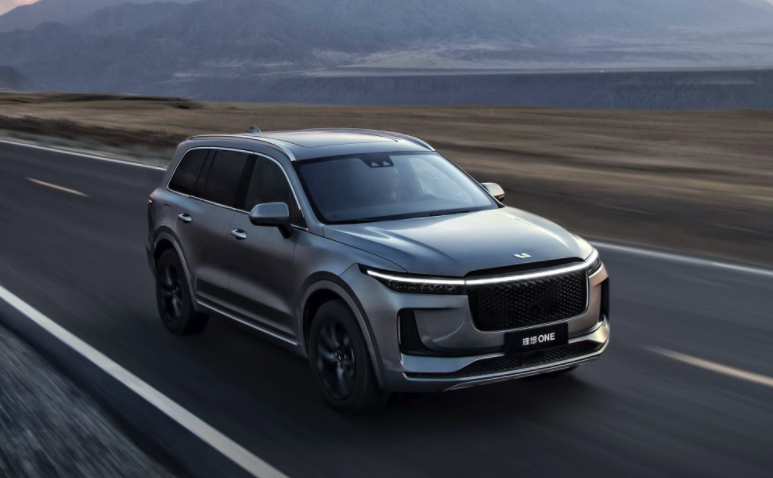Goldman Sachs analyst Fei Fang raised the bank's price target on Li Auto to $60 from $20.60, maintaining a "Confident Buy" rating.
The bank also raised its rating on Nio to Neutral from Sell and raised its price target significantly to $59 from $7.70.
Goldman Sachs admitted to underestimating the impact of news on Nio's powertrain breakthrough, BaaS battery leasing services, and regulatory incentives.
These factors, the bank said, are key to Nio's rising sales in an auto market where demand remains weak, providing "clear upside" for Nio.
Goldman Sachs expects electric vehicle penetration in China to increase from 5% this year to 25% by 2025. As a result, the bank upgraded Nio's rating to reflect its expectations for Nio's long-term growth.
Investors who followed Fang's recommendation received a negative 310% return in the past year, compared with a 2,126% return on the shares, Bloomberg noted.
In the last 21 months, Goldman has rated Nio sell once, neutral twice and buy twice.
The stock rose an average 356% in the periods rated sell, rose 126% in the periods rated neutral, fell 77% in the periods rated Buy and rose 46% in the periods rated buy, according to Bloomberg.
In pre-market trading, Li Auto shares were up more than 10% and Nio was up more than 3%.
The report comes as Nio released upbeat delivery data for November.
According to Nio's data released today, 5,291 vehicles were delivered in November, up 109.3% year-over-year, marking the fourth consecutive monthly high for the brand.
This is Nio's fourth consecutive month of record deliveries, and the second consecutive month of over 5,000 deliveries since October.
Data released by the company showed that the deliveries consisted of 1,387 ES8s, it 6-seater and 7-seater flagship premium smart electric SUV, 2,386 ES6s, a 5-seater SUV, and 1,518 EC6s, a 5-seater electric coupe SUV.
Nio delivered 36,721 vehicles in 2020 in total, representing an increase of 111.1% year-on-year.
Chinese investment bank CICC raised its price target on Li Auto by 86% to $40, which corresponds to 28% upside potential in the current share price and maintained its Outperform rating, citing Li Auto's strong cost control and efficient operations.
As with Li Auto, it is also not the first time the EV maker gets positive rating from analysts.
On November 17, CICC reduced Li Auto's 2020/21 loss forecast to RMB 480/190 million, saying the current share price corresponds to 1.7 times 2025 EV/revenue, raising Li Auto's 2025 EV/revenue to 2.1 times.
CICC said that as Li Auto expands its sales and service network, it can continue to leverage its growing brand recognition to maintain efficient operating efficiencies at each of its retail stores.
At the end of October 2020, Li Auto had 41 retail stores in 36 cities across the country, with monthly sales of approximately 100 units per store.
Xpeng Motors stock also rose by more than 8 percent after the company earlier today said it delivered 4,224 vehicles in November, up 342% year-on-year.
From January to November 2020, a total of 21,341 units were delivered by Xpeng, up 87% year-on-year.
Xpeng P7 delivered 2,732 units in a single month, up 30 percent from a year earlier; 11,371 units have been delivered since the start of large-scale deliveries at the end of June this year.
Xpeng G3 delivered 1,492 units in a single month, an increase of 59% from the previous month, a new high in 2020.


